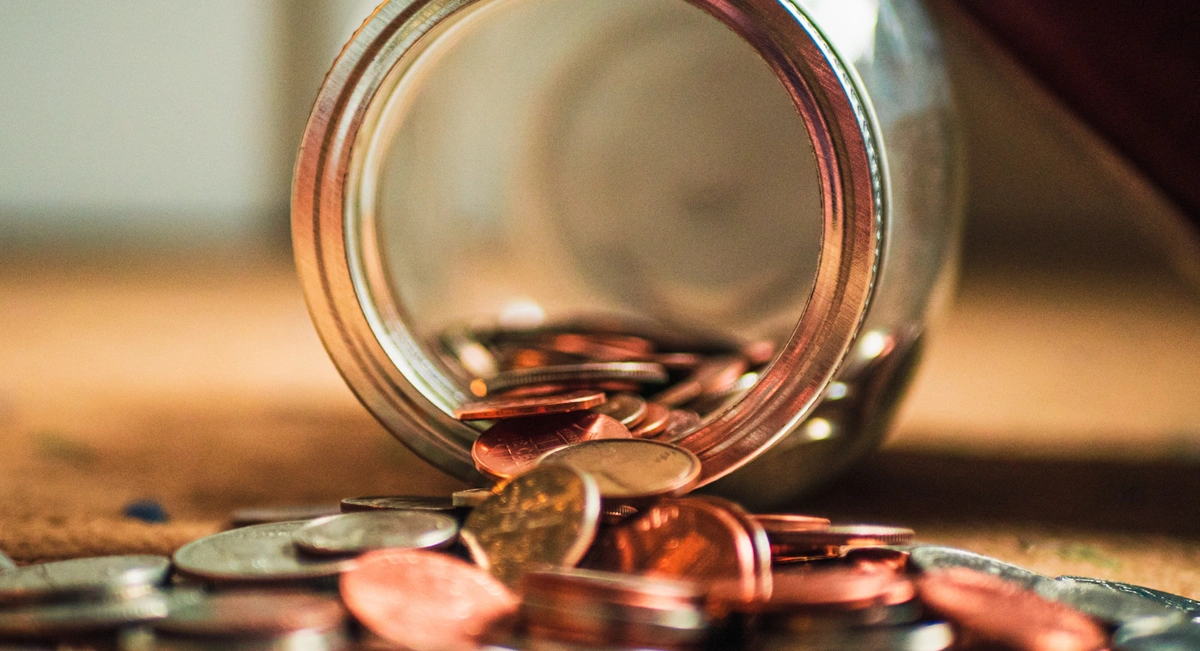If you have found your ideal property, congratulations! There is no feeling like preparing to buy your first home, and as much as the process may seem daunting at first, it’s important to stay focused and prepare accordingly to go through it smoothly.
You may be wondering what are some of the main fees you may be faced with during the house buying process. Of course, moving house and getting settled in can be expensive enough, so it’s good to have a dedicated budget just to that. However, there are a number of legal fees you also have to prepare for to make sure you don’t have to dip into your deposit budget last minute.
We’ve outlined some of the main fees you want to take into consideration when planning on buying a house below:
1. Product fee
A product fee, also commonly referred to as: a mortgage arrangement fee, booking fee, or application fee, can be looked at as an upfront price tag attached to a particular mortgage deal. It can be added to your overall mortgage value and paid off monthly with the remainder of your mortgage.
Product fees can vary between lenders, but some of the key things to consider when looking at mortgage products and fees associated with securing them are:
- Be aware of the correlation between low-interest rates and high product fees. This is a technique sometimes used by lenders to make a mortgage deal appear more attractive - some of the lowest-rate products may have large product fees associated with them to compensate. Sometimes, these fees can even be as high as £2,000 or more; however, more often than not, you can expect them reach up to £1,000 when partnered with an competitive interest rate.
During your mortgage application process, you will be given the option to pay the product fee upfront or to have it added to the overall mortgage value. It may be tempting to avoid paying the lump sum upfront, especially taking into consideration the other significant costs associated with purchasing a house that you will be faced with. However, it’s important to remember that if you decide to get it added to your mortgage value, you will be expected to pay interest on it throughout the mortgage term - making it more expensive in the long run.
Connect with award winning FCA Authorised Mortgage and Protection Advisors, receive tailored advice and save on your mortgage.
Get in touch:
Mortgage and Protection Advice is provided by Mortgage Joy Limited (FCA: 955439)
2. Valuation Fee
A valuation fee is what the lender charges to cover the costs of checking the value of your property - or exactly how much the property is worth. The value of your property can vary from the price that you settled on when you secured the sale, as you could potentially have paid less or more than what it is worth.
The lenders do this in order to ensure that in case you do not meet your mortgage repayments and the property ends up being repossessed, they will be able to get their money back by selling it. The cost of the valuation survey will vary from lender to lender, and can sometimes also be influenced by the price of the property, however, it is recommended that you budget for around £300.
The valuation fee is paid during the mortgage application process directly to the lender. Don’t confuse the property valuation with a property survey, which can be optional and is carried out to analyse the condition of the property and flag up any potential issues before you buy it.
3. Stamp Duty
Simply put, stamp duty is a tax that has to be paid by those wishing to purchase a residential property or piece of Land in England and Northern Ireland. It is calculated based on the overall value of the property you are buying.
The threshold for Stamp Duty tax has been raised for those residing in England and Northern Ireland. Aspiring first-time home buyers will now no longer be required to pay stamp duty on properties priced up to £425,000, adding a whopping £125,000 to the previous threshold.
This will effectively improve homebuyers' affordability, potentially offering thousands of savings to those wishing to purchase their first home. The UK house price index reports that the average property price as of April 2022 in England was £299,249, meaning that the average first-time homebuyer in England will not be required to pay stamp duty at all.
Those purchasing an additional property will see stamp duty thresholds almost double, with the new minimum value requirement increasing from £125,000 to £250,000. Anything above £250,000 will then be taxed at 5%.
4. Conveyancing Fee
A conveyancing fee is what you’ll need to pay to your solicitor for carrying out all of the legal work that comes with your house purchase. Once you put an offer down on your property, in order to be able to legally own it, you will have to go through what’s called the conveyancing process - or transfer of ownership from the previous owner to you.
Your solicitor will also have to check and organise all of your paperwork, and check there aren’t any issues with planning permission and other legal issues before they can finally register you as the official owner. In some circumstances, you may find that lenders in Scotland and Wales may offer to cover these fees if you use a solicitor that partners with them.
Most often, however, you will be expected to cover the conveyancing fees yourself, which can cost anywhere between £800 to £1,500. The final price can also be influenced by the overall value of your property.

